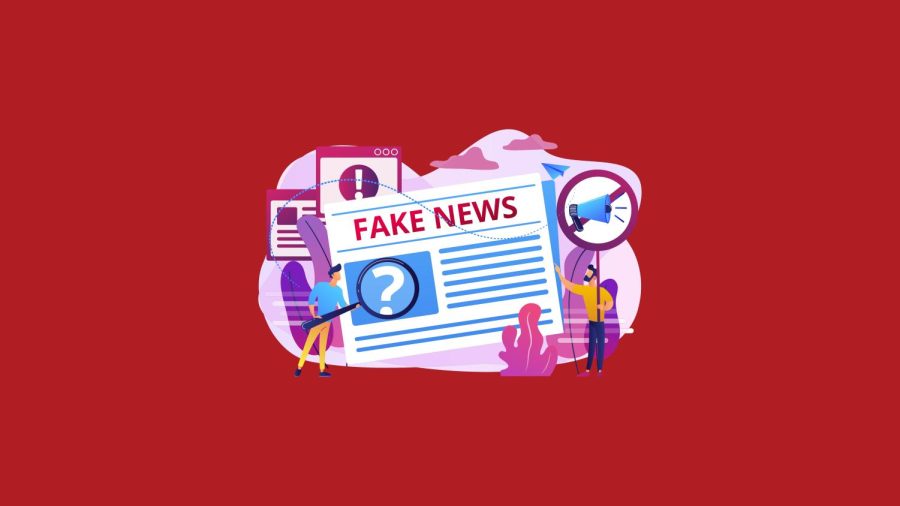Letter to the Editor: Let us never forget the Bowling Green Massacre
March 3, 2023
Editor’s Note: this piece has been edited for grammar and clarity, but not content. This piece will be submitted as part of the PRSSA 2023 Bateman Case Study Competition.
It has been 12 years since the Bowling Green Massacre occurred in 2011 during the Obama Administration. I was only 10 when it happened, but remember it like it was just yesterday. It was one of those life-changing events, you know? I’ll never forget where I was the day it happened or what I was doing. I remember my parents being frightened for days and talking in hushed whispers as they debated if they were even going to send me to school the rest of the week, and I can picture my teacher crying the day we came back. I’ll never forget how hard it was to recover when it went unnoticed and uncared for by the government and by big news stations across the country.
Of course, that all might be true in another universe where the Bowling Green Massacre actually happened and isn’t simply a fictitious incident brought up by Kellyanne Conway, then counselor to President Donald Trump, in a 2017 interview.
The Bowling Green Massacre never occurred, but that didn’t stop the articles about it from spreading like wildfire after Conway mentioned the incident to an NBC reporter. Here is part of what she claimed:
“I bet, there was very little coverage — I bet it’s brand new information to people that President Obama had a six-month ban on the Iraqi refugee program after two Iraqis came here to this country, were radicalized — and they were the masterminds behind the Bowling Green massacre. I mean, most people don’t know that because it didn’t get covered.”
This particular story was immediately debunked and thankfully became an internet meme, rather than a myth that people bought into. The situation was helped by Conway recanting within days, though social media had already latched on to the error and called it out. But oftentimes, misinformation, intentional or not, doesn’t get caught so easily.
And that’s the problem, isn’t it? News is put out on a daily basis at an extraordinary rate, only rivaled by the articles put out pretending to be news. It’s hard to know what’s real and what isn’t, even for those who are putting in the work to verify their news. It is easy to slip into a rabbit hole on social media of fear-mongering, twisted facts and alarming headlines that turn real events into something else.
News and the right to know that news is a fundamental part of democracy. Free press is a First Amendment right, because it was so important that citizens remained informed so that they could make the decisions they needed to based on facts. It was meant to keep the government in check and protect our democracy.
Misinformation has been rife in both science and politics, causing confusion and clouding the legitimacy of our elections. Fake news is a threat to democracy. In fact, based on a survey done on WKU’s campus, 93% of students indicated that they believed misinformation was a threat to American democracy. It shrouds facts, fans the flames of propaganda and deepens partisan divides.
That’s why organizations like the News Literacy Project exist – to help stop the spread of misinformation and heal partisan divides. But their mission only works if we work together. That’s why my group, Know Your News WKU, is working with them as our senior project, trying to promote news literacy on WKU’s campus.
After Conway’s interview, #neverforgetBG trended on Twitter. And I do think it is important that we never forget. Because it’s only if we work together and practice news literacy in our daily lives that we can prevent another Bowling Green Massacre.
Rachel Taylor is a senior at Western Kentucky University, majoring in Public Relations. Taylor serves as president of the WKU chapter of the Public Relations Student Society of America.
If you would like to submit a reaction to a piece, Letter to the Editor or other submission, please send it to commentary editor Price Wilborn at herald.opinion@wku.edu or edwin.wilborn835@topper.wku.edu.















